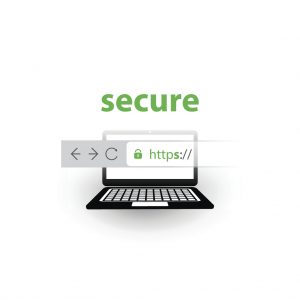 When you’re scrolling through social media sites at night on the couch, it’s tempting to want to join in those little surveys or quizzes that pop up in your feed. Or to chime in your answer without a second thought when you see a Facebook page post a photo of cute puppies and ask, “What was YOUR first pet?”
When you’re scrolling through social media sites at night on the couch, it’s tempting to want to join in those little surveys or quizzes that pop up in your feed. Or to chime in your answer without a second thought when you see a Facebook page post a photo of cute puppies and ask, “What was YOUR first pet?”
The problem with that? Your answers to those questions and quizzes are often the same answers to your online security questions. It’s now public information that can potentially allow someone to access your financial accounts.
According to an article by KrebsOnSecurity, “On the surface, these simple questions may be little more than an attempt at online engagement by otherwise well-meaning companies and individuals. Nevertheless, your answers to these questions may live in perpetuity online, giving identity thieves and scammers ample ammunition to start gaining backdoor access to your various online accounts.”
Pay Attention to URLs
Website development company GoWeb1 warns to always be mindful about any personal information you are sharing online. Check to make sure websites are secure; secure sites have an SSL certificate and will have “https” in the URL and show a green lock next to the web address.
“A URL that begins with ‘https’ means it has that extra layer of security, which you want when you are searching online or giving any personal data,” said Lara Donovan, project manager with GoWeb1.
Lara also suggested using a platform that provides a high level of privacy to house all of your passwords, such as LastPass.com or PassPack.com. These resources allow unique, lengthy passwords with random characters without needing to remember them all, and more importantly, encrypts your passwords before they save to the server, making it extremely difficult for service providers to read this data.
Keep Personal, Personal
When it comes to password protection, it’s important to keep private not only your actual passwords, but also any personal information that may be used to access your accounts.
“Giving away information about yourself, your likes and preferences, etc., can lead to all kinds of unexpected consequences,” KrebsOnSecurity’s article notes.